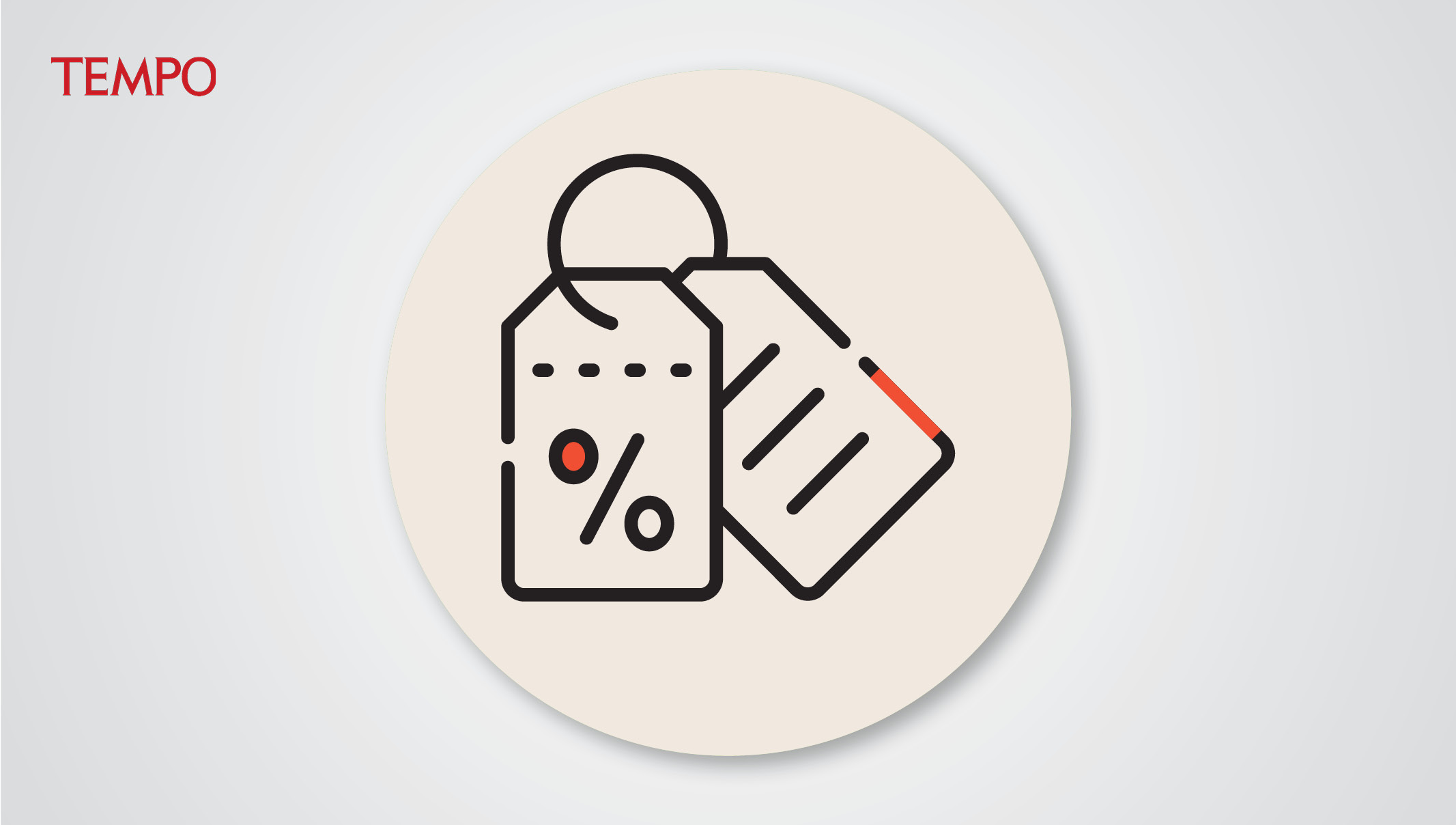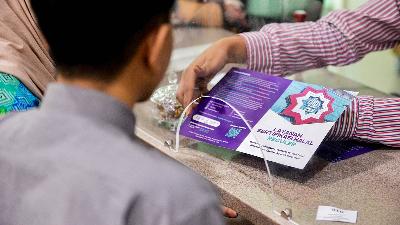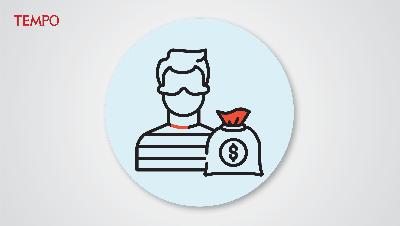The Huge Disadvantages of Halal Certification
Monday, October 28, 2024
The obligation to obtain halal certification leads to higher economic costs and corruption. Labeling products that are non-halal would be more efficient.
arsip tempo : 174706503821.

DO you have a food and drinks business? Then you should set aside up to tens of millions of rupiah to obtain halal (conforming to the Islamic law) certification. Without a halal label, a product cannot be distributed or sold, and a restaurant can be threatened with closure.
Law No. 33/2014 on Halal Product Assurance requires ownership of a halal certificate for all food and drink businesses. The organization responsible for this certification is the Halal Product Certification Agency (BPJPH). In the era of President Prabowo Subianto, this agency will no longer be under the Ministry of Religious Affairs but will be directly under the authority of the president. Its head, Haikal Hassan Baras, was a leader of the 212 demonstrations, who once promised to be in opposition until the death of whoever is the president. Before, when halal certification was the responsibility of the Indonesian Ulema Council (MUI), it was voluntary.
Previously, this obligation would apply to all food and drink products as well as slaughtering and slaughtering services starting from October 17, 2024. However, through Presidential Regulation No. 42/2024, issued three days before the end of President Joko Widodo’s term of office, the deadline was put back to October 17, 2026.
Nevertheless, this obligation shows the true nature of the government as a mere collector of fees. The tariffs range from zero to Rp300,000 for micro and small enterprises and Rp5 million for medium enterprises to Rp12.5 million for large or foreign companies. Given the fact that up to 3.7 million halal certificates are issued every year, it is clear that the government will obtain significant non-tax revenues.
This policy will lead to high economic costs. The figures above are just the price of the certificates. In order to obtain a certificate, there needs to be an audit, product tests, training and other activities. As an illustration, a small restaurant in Bogor was charged Rp36 million. The total varies depending on location and the size of the menu. And a hotel that has a restaurant and a cafe could be charged Rp70 million.
These additional costs place businesspeople in a difficult position. They are under pressure to increase prices, while Indonesia is experiencing deflation as a result of a fall in incomes. Eventually, the main aim of halal certification, to improve customer satisfaction, will not be achieved, because halal products will become too expensive.
And this policy could hamper product innovation because halal labels will only apply to the menu items on offer at the time of the audit. New menus or variants will require a new certificate.
Therefore, halal certification could leads to a haram (forbidden under Islamic law) practice: corruption. There are plenty of opportunities for bribery during the product audit and the issuing of a permit by the halal agency.
Tempo reported on indications of collusion regarding the provision of halal certification by the MUI in 2022. A halal institution in Victoria, Australia, was caught paying Rp4.2 billion into a bank account owned by a senior MUI official. Previously, in the February 25, 2014 edition, this magazine also wrote about an Australian company trying to obtain halal certification was being asked to pay A$300—around Rp3.1 million—per person per day to seven MUI representatives who visited their business site. When they went home, in total the company gave them A$26,000—around Rp269 million.
Because there are so many disadvantages to obtaining halal certification, this magazine once again suggests that it is non-halal products that should be certified. The assumption is simple: almost all food in Indonesia uses ingredients that are processed according to halal laws. Only a small amount is non-halal, meaning for example it contains pork products or alcohol. It is these products that should be labeled.
All the government has to do is to oblige all producers of food and drink to declare the ingredients of their products. Then, the halal certification agency could randomly investigate. This should be more practical and will not result in high economic costs.











